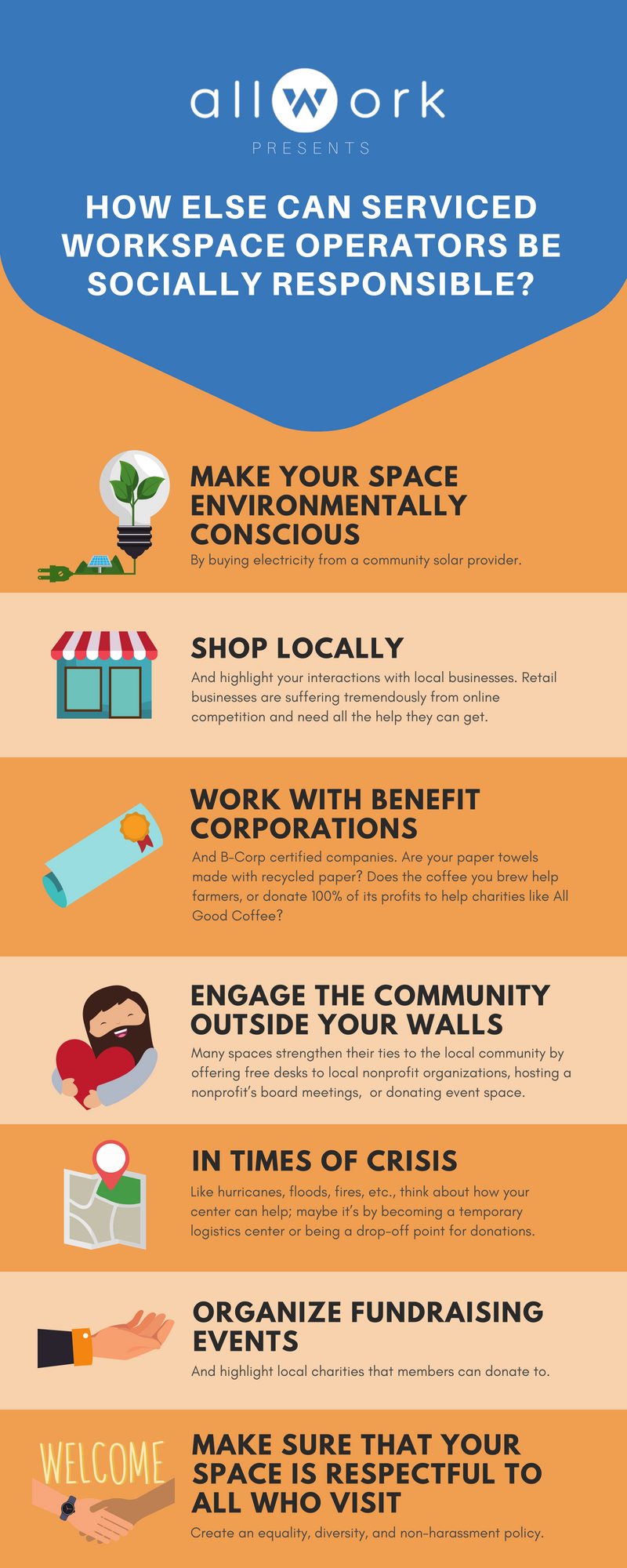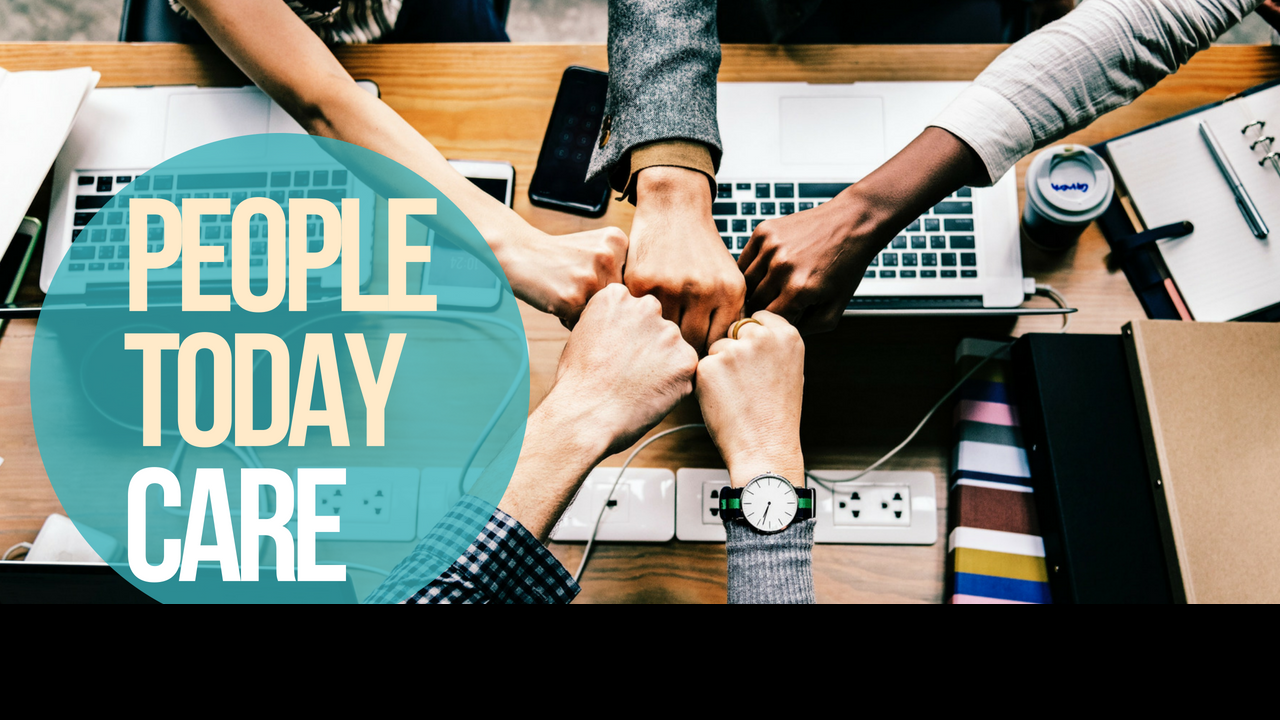- Research studies suggest that social capital has become just as important for businesses as financial capital.
- Organizations are increasingly judged on their community relationships — transforming them from business enterprises into social enterprises.
- All Good Work’s Nate Heasley discusses the reasons why workspace companies must embrace social responsibility — and how to do it.
Deloitte’s 2018 Global Human Capital Trends, The Rise of the Social Enterprise, found that “social capital has become just as important as human, financial and physical capital.”
According to the report, “this shift reflects the growing importance of social capital in shaping an organization’s purpose, guiding its relationships with stakeholders, and influencing its ultimate success or failure.
“Organizations are no longer assessed based only on traditional metrics such as financial performance, or even the quality of their products or services. Rather, organizations today are increasingly judged on the basis of their relationships with their workers, their customers, and their communities, as well as their impact on society at large — transforming them from business enterprises into social enterprises.”
In the flexible workspace industry, the concept of community and giving back is very well ingrained. It sits at the core of the industry. In fact, one could argue that flexible workspaces have been a crucial element to the change we are observing in the way people work today and the workplaces they choose to work from.
And yet, the world of work today goes beyond the actual professional work individuals carry out. For millennials, the largest generation in the workforce today, having purpose in their work is of great importance. 94% of millennials want to use their skills to help organizations and 57% want to work for a company that has a social impact program working with charities. This very well applies to the flexible workspace industry; individuals want to be a part of a company and a community that is socially responsible.
Social responsibility is a popular term these days, but Deloitte’s report proves that it is more than just a buzzword. Simply stated, people today care. And because “people today have less trust in their political and social institutions than they have in years; many expect business leaders to fill the gap.” One example of how this is true in the flexible workspace industry is WeWork’s announcement to hire 1,500 refugees and 1,500 veterans within the next 5 years.
But WeWork is just one big fish in a growing ocean. Flexible workspace operators, regardless of their size, need to step up to the challenge.
One way the industry is already addressing this issue is by providing hyper-connected workplaces that increase the interactions between workers and the outside world. Furthermore, flexible workspaces create environments that promote longevity and wellbeing, both as it relates to a person’s career and also to their physical, mental, and financial spheres.
Still, there is much operators, and the industry as a whole, can do to further its social impact. The All Good Work Foundation is one organization that has found a meaningful way in which to increase the social impact of the industry as a whole. They do this by matching charitable organizations with operators that have room to spare.
How else can serviced workspace operators be socially responsible?
There are a few basics, like recycling and making sure your space efficiently uses lighting and cooling to minimize your environmental impact (which also helps reduce your electricity bills). Beyond that, there are other, more impactful, ways to be socially responsible. Here are just a few ideas.
————— Article Continued Below Infographic —————

Whichever way you choose to go about becoming a more socially responsible center, make sure that you let people know about it. It’s important that we get credit for the good work we do, but more importantly sharing what you are doing will help spread the word and raise the bar in terms of what people can expect from our industry.
By doing good, you will become a leader and a source of inspiration for others.
In the end, social responsibility pays off. “Engagement with other stakeholders on topics such as diversity, gender pay equity, income inequality, immigration, and climate change can lift financial performance and brand value, while failure to engage can destroy reputation and alienate key audiences.”



 Dr. Gleb Tsipursky – The Office Whisperer
Dr. Gleb Tsipursky – The Office Whisperer Nirit Cohen – WorkFutures
Nirit Cohen – WorkFutures Angela Howard – Culture Expert
Angela Howard – Culture Expert Drew Jones – Design & Innovation
Drew Jones – Design & Innovation Jonathan Price – CRE & Flex Expert
Jonathan Price – CRE & Flex Expert










